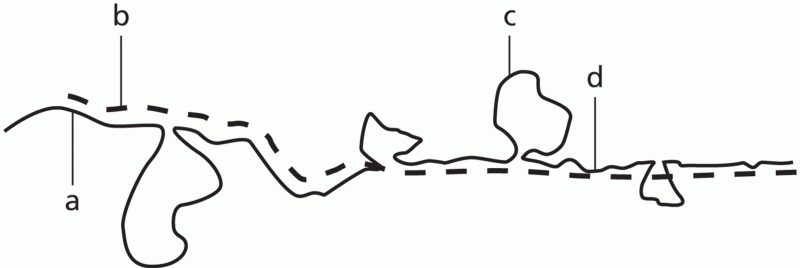|
|
|
The first successful kidney transplant was performed in 1954 and occurred in Boston. A kidney from an identical twin was transplanted into his dying brother's body and was not rejected because it did not appear foreign to his body.
Elderly adults are at greatest risk of stroke and myocardial infarction and have the most to gain from prophylaxis. Patients ages 60 to 80 years with blood pressures above 160/90 mm Hg should benefit from antihypertensive treatment.
Illicit drug use costs the United States approximately $181 billion every year.
Eat fiber! A diet high in fiber can help lower cholesterol levels by as much as 10%.
In most climates, 8 to 10 glasses of water per day is recommended for adults. The best indicator for adequate fluid intake is frequent, clear urination.
 Stages of endometrial cancer. Stage I: Mutated cells arise from glandular epithelium of the endometr
Stages of endometrial cancer. Stage I: Mutated cells arise from glandular epithelium of the endometr
 Nephrolithiasis. Stones, or calculi, may form in several areas within the urinary tract. When they f
Nephrolithiasis. Stones, or calculi, may form in several areas within the urinary tract. When they f





